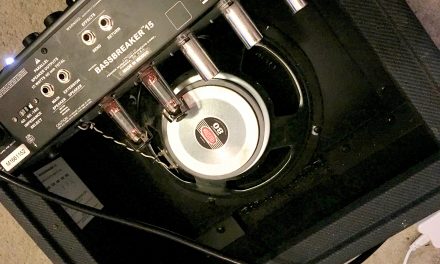One of the arguments in favor of the Mac over Windows was the Mac’s ability to reboot as a regular PC. Buying a Mac meant you could run Mac or Windows – buying a PC meant you could run Windows. It was an advantage.
But Apple is leaving Intel because Intel’s processors are not keeping up with the times. When I compared a 2019 MacBook Air to a used 2016 MacBook Pro (for the same amount of money,) the 2016 Mac trounced the newer Mac. Which is one of the reasons I bought a 2016 MacBook Pro. The i7 from four years ago isn’t that much slower than today’s i7. But in Apple’s case, it’s not just power – it’s battery life. Laptops, tablets, and phones are the future. AND the present. Apple wanted something that could run faster on less power, so they decided to go with ARM and their own design.
Being a Mac user is like dating a supermodel who is very sweet, but every once in a while slaps you in the face, hard. You put it up with it because of the user experience. And of course supermodels don’t want to go to Burger King for dinner, so you’re going to pay. The slap for Mac users is that Apple will, sometimes, plow ahead and make current sacrifices for future betterment. If you’re a Mac user who depends on being able to run both operating systems natively, forget it for now. The new ARM-based Macs won’t boot to Windows. Apple understands that you might not like this. But they’re going to do it anyway, because over 90% of their users don’t boot Windows, and they want fast devices that have better battery time. From a business standpoint it’s the correct decision.
But things with Apple lately (post-Jobs) have a strong feeling of two steps forward, one step back. When Apple ditched the maglock power adaptor, it was annoying as hell, but ultimately the correct decision. Same with the move to ARM. Same with the move to Thunderbolt/USB-C. ALL of my peripherals are regular USB. Every one of them. So I own four dongles, like most Mac users.
Meanwhile, school districts are dumping the Mac left and right because they don’t have an inexpensive laptop, and an iPad with a keyboard and trackpad is not a laptop.
I am a person who runs Windows 10 on a Mac in the other room, and Mac OS on my laptop. I’m disappointed that Apple is, for now, leaving native Windows behind. I always thought it was an advantage they never really pushed hard enough, and now it’s gone.
Apple’s build quality might be the best, overall, of any PC company. It’s very well-made stuff, regardless of what your uncle who “knows computers” might say. There’s demand for used Macs. But I really wish they’d make a budget Mac laptop. Here’s why: I do live gigs that are very reliant on my laptop. If my laptop fails, it’d be nice to have a backup laptop. I’ve calculated that, even buying used, I’d need to spend a thousand dollars to get a Mac that could run what I need. Conversely, I could get something with similar power in a used PC laptop for about $500. The issue is the software – I use MainStage exclusively and there’s nothing like MainStage on Windows for less than $300 to $500. So it’d be a wash. And I can’t drop a grand on a backup laptop either way.
This concerns me. But I don’t do gigs for a living – it’s a hobby. I could still do a gig without a laptop – I have my backing tracks on my iPhone, I use a HX Stomp for an amp, and my keyboard has built-in piano and rhodes sounds, so it’d be enough to limp through a gig. But there’d be several songs I couldn’t hope to do without MainStage.
Back to the topic. Microsoft is already working on moving to some form of ARM chip. When Apple’s laptops and tablets start to become the fastest things on the market, Microsoft isn’t going to just sit there. Whether it’s Intel or some other company, they’ll be moving to similar chips within a few years. Just like they ditched the floppy disk, two years after Apple did. Just like they ditched serial ports and moved to USB, a few years after Apple did.
Once once Microsoft has moved to an ARM-based chip, maybe we’ll see a day when you can once again run Windows natively on a Mac without emulation. Or maybe not. Meanwhile, PCs remain less expensive and more backward compatible. Personally, my use of the Mac is tied to Logic Pro and Final Cut Pro and MainStage, three mission critical apps that are Mac-only. If the day comes when those three are gone, I’ll likely switch to PC.
But you never know. Linux is appealing to me also. And someone might one day make a $300 Chromebook that can do everything my current laptop does, just as well. It’s the software, not the OS.




